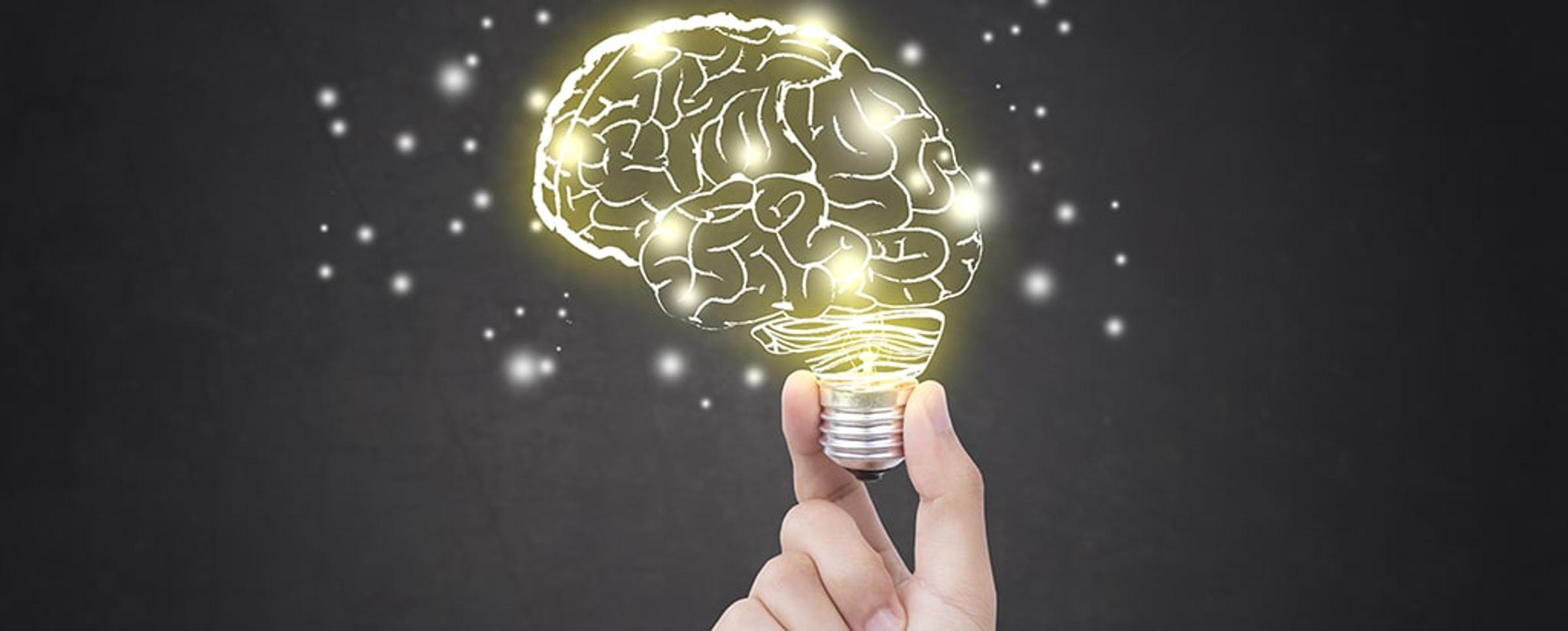2024 OLGC Learning Approach

With the introduction of many new staff this year it is an opportune time to take learning and teaching at OLGC to a new in-depth and evidence based level. As we continuously strive to enhance the educational experience for our students, I am thrilled to introduce to you to an exciting initiative that will empower both our teachers and our children: the Science of Learning.
At Our Lady of Good Counsel School, the staff are committed to fostering an environment where every student can thrive academically, socially, physically and emotionally. Understanding the science behind how we learn can significantly impact the way we teach and support our students. The Science of Learning encompasses various principles and strategies rooted in cognitive psychology, neuroscience, and educational research.
Through this initiative, the staff will delve into evidence-based practices that optimize learning, memory retention, and problem-solving skills. By integrating these principles into our teaching methods, we aim to create more engaging, effective, and personalized learning experiences for each student.
Some key aspects of the Science of Learning that we will be exploring include:
- Growth Mindset: Encouraging a belief in the potential for growth and improvement, emphasizing effort and perseverance.
- Metacognition: Helping students develop awareness and control over their own learning processes, fostering reflection and self-regulation.
- Retrieval Practice: Utilizing techniques that enhance long-term retention by actively recalling information from memory.
- Spaced Repetition: Distributing learning over time to promote deeper understanding and retention.
- Cognitive Load Theory: Understanding the limits of working memory and designing instruction to optimize learning efficiency.
We believe that by incorporating these principles into our educational approach, we can better equip our students with the skills and mindset necessary for success in school and beyond.
Some of the key benefits that students can gain from an understanding and application of the Science of Learning:
Improved Learning Strategies: By understanding how the brain processes and retains information, students can adopt more effective learning strategies. They can learn techniques such as retrieval practice, spaced repetition, which have been shown to enhance memory retention and understanding.
Enhanced Metacognitive Skills: Metacognition, or the ability to monitor and regulate one's own learning, is a crucial skill for academic success. Students who understand how they learn best can become more independent and effective learners. They can set realistic goals, monitor their progress, and adjust their study strategies accordingly.
Increased Motivation and Confidence: Learning about growth mindset and the plasticity of the brain can help students develop a belief in their own potential for growth and improvement. They can become more resilient in the face of challenges and setbacks, viewing them as opportunities for learning and growth rather than obstacles.
Deeper Understanding of Subject Matter: By engaging in activities that promote active learning and deeper processing of information, students can develop a deeper understanding of the subject matter. They can make connections between different concepts, apply their knowledge to real-world situations, and develop critical thinking skills.
Better Problem-Solving Skills: The Science of Learning emphasizes the importance of developing flexible thinking and problem-solving skills. Students learn to approach problems from multiple perspectives, identify patterns and relationships, and generate creative solutions.
Increased Engagement and Enjoyment of Learning: When students are actively engaged in their learning and see the relevance and applicability of what they are studying, they are more likely to be motivated and enthusiastic learners. The Science of Learning provides teachers with strategies to create engaging and meaningful learning experiences that cater to students' interests and abilities.
Long-Term Retention of Knowledge: By incorporating techniques such as spaced repetition into their study routines, students can improve their long-term retention of information. They can move beyond rote memorization to develop a deeper understanding of concepts that lasts beyond the immediate context of a test or exam.
Overall, the Science of Learning equips students with the knowledge, skills, and mindset needed to become lifelong learners who are capable of adapting to new challenges and opportunities in an ever-changing world.
We look forward to sharing more of our and the students learning as we continue to engage and learning in this space.
